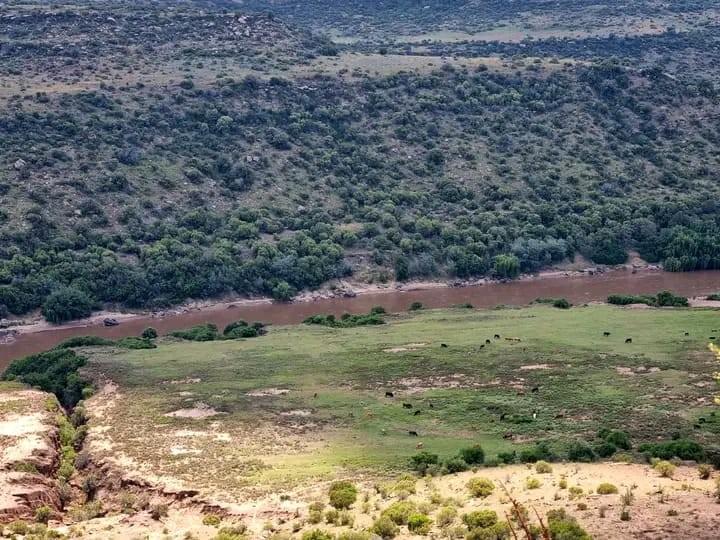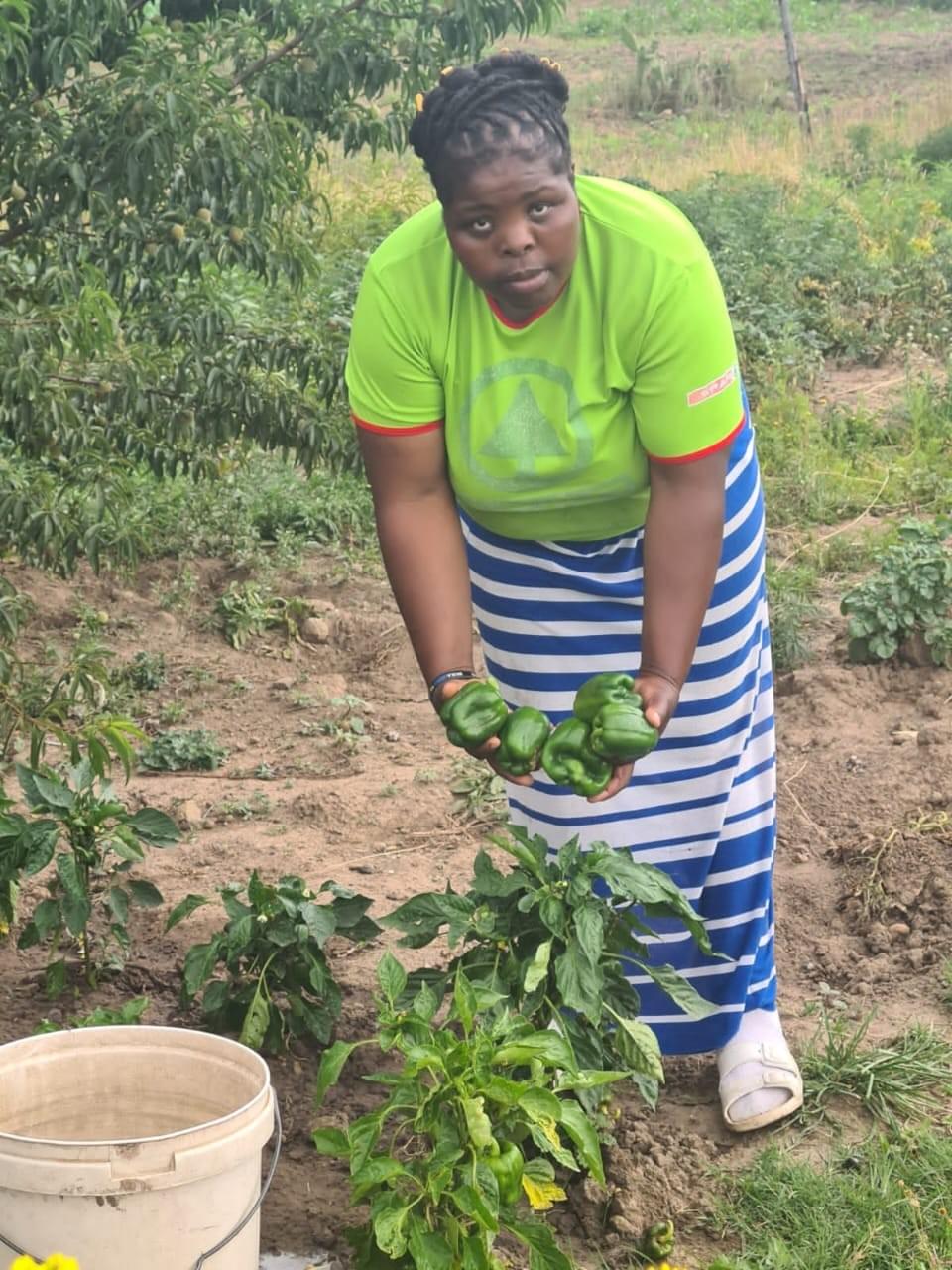
Water is life. It sustains us, nurtures us, and connects us to nature and our cultural heritage. For the residents of Ndofela Village, however, this vital resource has become a symbol of neglect and despair.
Despite being situated near the mighty Orange River, the community continues to struggle with a lack of access to clean, drinkable water—a glaring failure in governance that underscores the broader neglect of rural communities in South Africa.
Water is more than just a necessity for survival; it is a cornerstone of dignity, health, and cultural identity. It is needed for drinking, cooking, cleaning, farming, and even performing sacred cultural rituals. Yet, for the people of Ndofela, accessing water remains an uphill battle.
This fundamental human right, enshrined in South Africa’s Constitution, has been rendered a privilege rather than a guarantee.
Growing up in Ndofela, the Mfityi River was a source of life and joy. We swam in its waters, fetched buckets for household use, and relied on it during dry seasons. Today, that once-thriving river has been reduced to a trickle. Climate change has undoubtedly played a role, bringing prolonged droughts and unpredictable rainfall that have drained our wells and rivers. However, while nature has taken its course, the government’s inaction has turned a natural challenge into a human-made disaster.
Where are the emergency responses? Where are the initiatives to mitigate the impact of climate change on water access? Communities like Ndofela have been left to fend for themselves, as though they are not part of the grand vision of a democratic South Africa.
In the old days, we fetched water from Kwa Dontsa, a distant well that required long, exhausting walks. While those days are remembered with nostalgia, no one deserves to endure such hardship in 2025.
Walking kilometers for a basic necessity is not only unjust but also an affront to human dignity. Yet, despite the proximity of Ndofela to the Orange River, the situation remains unchanged. How can a government boasting about progress and development allow this to persist?
The Orange River, a powerful and abundant natural resource, flows right next to Ndofela. Its waters could transform the village, bringing clean, drinkable water to every household. The technology to extract, purify, and distribute water from such a source exists. So why hasn’t it been implemented? Where are the engineers, the planners, and the decision-makers who could have solved this issue years ago?
Adding to the irony, South Africa imports a significant portion of its water from Lesotho through the Lesotho Highlands Water Project (LHWP). This large-scale scheme channels water from Lesotho’s highlands to South Africa’s industrial heartland, showcasing the country’s ability to address water shortages through international cooperation. Yet, Ndofela, situated right by the border of Lesotho and the Orange River, remains neglected.
This glaring inconsistency highlights the neglect and undermining of basic human rights for rural communities like Ndofela. If resources and expertise exist to import water from a neighboring country, why can’t the same commitment be applied to providing water for a village so close to these resources?
For the people of Ndofela, water is not just a physical need; it is a spiritual and cultural lifeline. From cleansing ceremonies to ancestral rituals, water plays a central role in maintaining the community’s cultural heritage. Without access to clean water, these traditions are at risk of fading away, eroding the fabric of the community itself.
The lack of water is not just an inconvenience; it is a theft of identity and belonging. The government’s failure to provide water denies the people of Ndofela their right to practice their culture freely and with dignity.
The water crisis in Ndofela Village is a microcosm of the broader neglect that rural communities face across South Africa. Climate change has undoubtedly exacerbated the challenges, but the government’s inaction has compounded the suffering. It is unacceptable that, in a country with the resources and expertise to address these issues, communities like Ndofela are still waiting for relief.
To those in positions of power: the people of Ndofela are watching. They are tired of excuses. They demand clean, drinkable water—not tomorrow, not next year, but today.
They demand investment in sustainable infrastructure that taps into the Orange River. They demand acknowledgment of water’s role in their cultural and spiritual lives. They demand dignity.
Water is life, and the people of Ndofela will no longer be denied the lifeblood that is their right.
This blog piece idea was submitted by our reader and a farmer based in the Ndofela village in the Eastern Cape, uMama Siziwe Makhaba, (picture attached)


